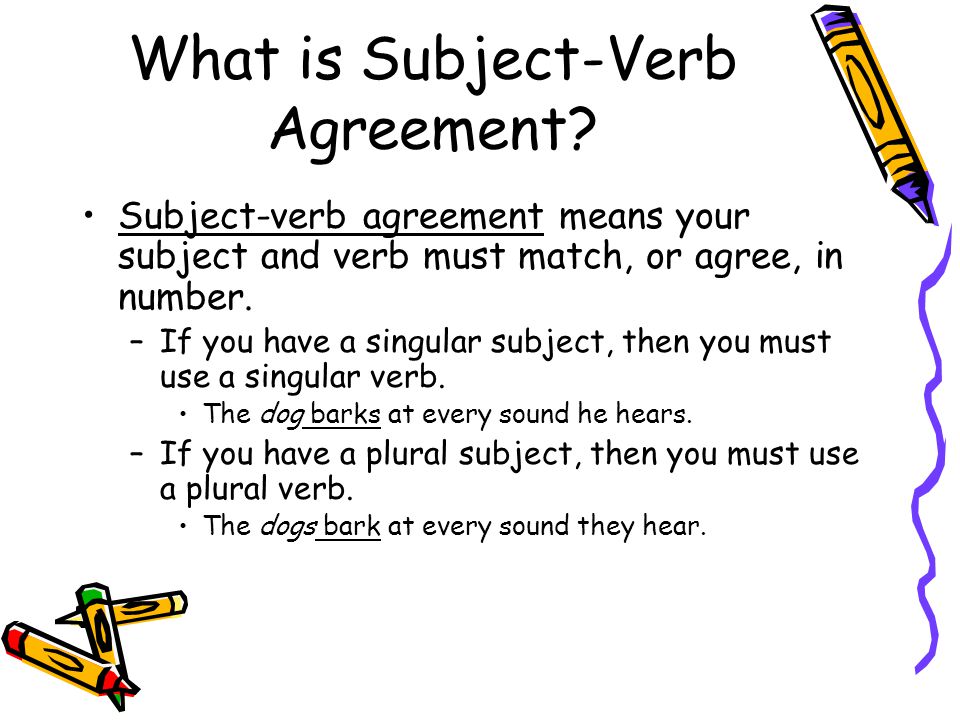

2022 Ski-Doo is a brand of snowmachine, but it’s also become a generic verb for riding. 2023 What was once a valuable way of characterizing particular abuse became generic slang in our ongoing debates, the filler attack verb in any disavowal of an individual or institution. Keith Krach, Forbes, Few people actually use it as a verb in everyday language. Noun Today, their DocuSign Global Trust Network has 1 billion users and 1 million companies, and the name of the company has become a verb.

The two main kinds of verbs, transitive verbs and intransitive verbs, are discussed at the entries for transitive and intransitive. An irregular past tense is not always identical to an irregular past participle: called, loved, broke, went. For many verbs, however, the past tense is irregular. The verb's past tense usually has the same -ed form as the past participle. (There is also a kind of noun, called a gerund, that is identical in form to the present participle form of a verb.) The past participle usually ends in -ed, but many past participles have irregular endings: called, loved, broken, gone. The present participle always ends in -ing: calling, loving, breaking, going. Participles are forms that are used to create several verb tenses (forms that are used to show when an action happened) they can also be used as adjectives. The forms call, love, break, and go are all infinitives.Īlmost all verbs have two other important forms called participles. The basic form of a verb is known as its infinitive. Verbs are words that show an action ( sing), occurrence ( develop), or state of being ( exist).


 0 kommentar(er)
0 kommentar(er)
